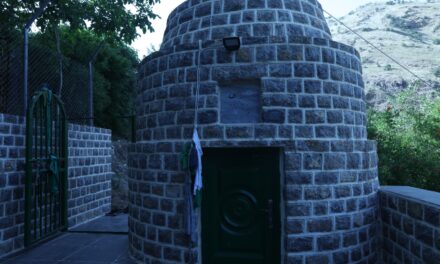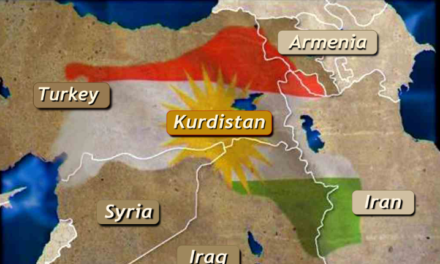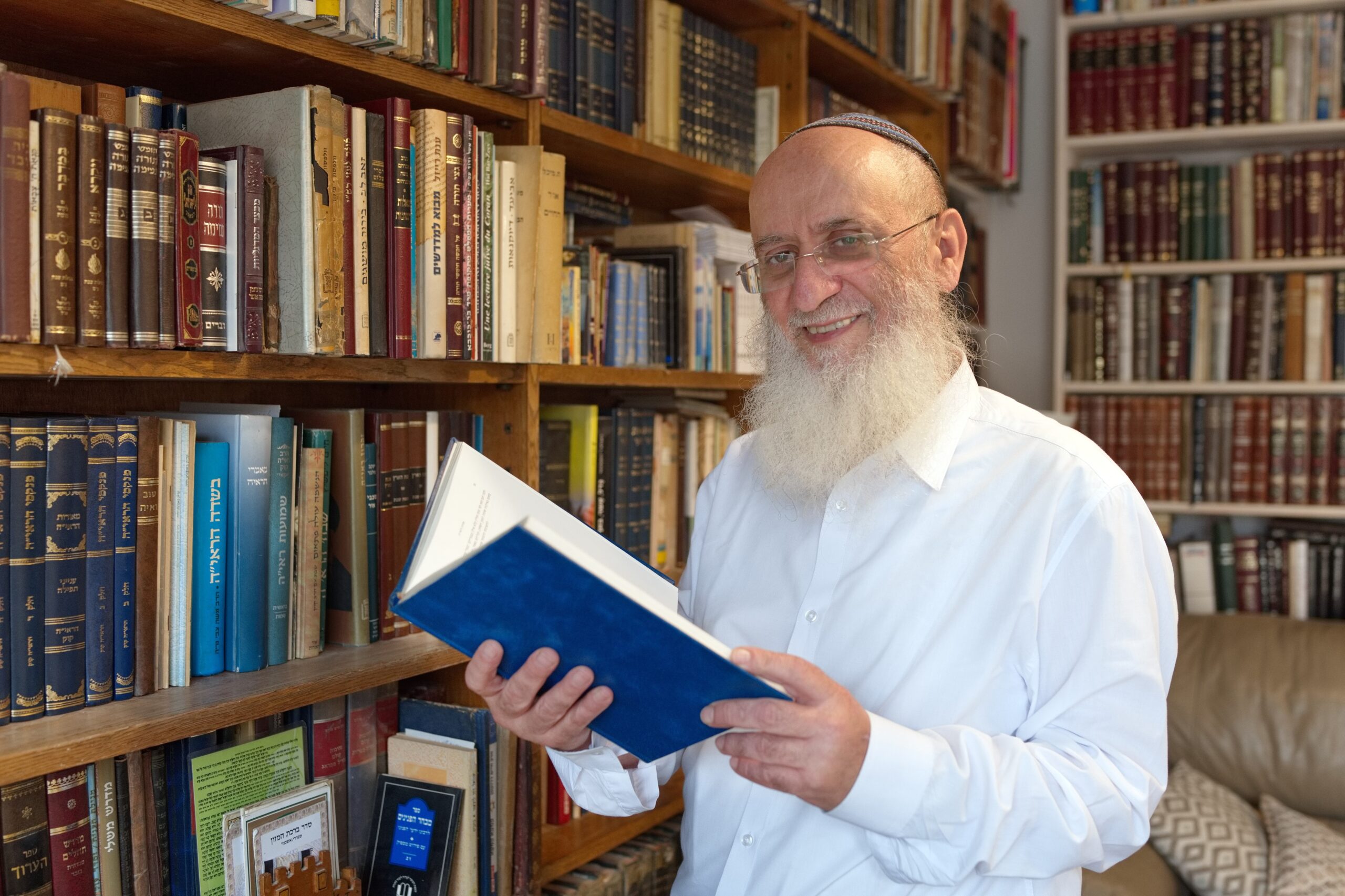Photo/VODJANI/ULLSTEIN BILD/GETTY IMAGES
Many Zoroastrians in Iraq hide their religion for fear of being considered apostates, because they are officially registered as “Muslims”. The head of the Zoroastrian representation in Baghdad, Haider Asfour, tells “Raise Your Voice”: Although the name of Zoroastrians was mentioned in the official Iraqi guide of the Ministry of Interior, issued in 1936 during the royal era under the name “the Magian minority”, and they were mentioned again in the 1960 version of the guide during the republican era under the name “Zoroastrian Magi”, the mention of the name of this religion disappeared during the population census organized in 1977 and later became prohibited, before the Baath regime banned it and persecuted its followers starting in 1978.
The Zoroastrians began to appear again on the scene in 2003 after the change of the previous Baath regime, and despite the affirmation of the current Iraqi constitution in Article (42) that “every individual has freedom of thought, conscience and belief”, the followers of the Zoroastrian religion are still waiting to receive official recognition from the state, in order to practice their rituals freely, and obtain their rights.
Asfour adds, “Zoroastrians live in very difficult conditions in Iraq, except for the Kurdistan Region. The lack of recognition has made their issue somewhat confusing, and has made many individuals hesitate to declare that they are Zoroastrian.”
“It is true that those who embrace Zoroastrianism are not legally prosecuted, but there are legal penalties for those who change their religion from Islam, considering them an apostate, and the punishment for an apostate is known.” Asfour continues.
Zoroastrians have been present in Baghdad since 2018 and have obtained approvals to open their representation there and provide official protection for it in 2022, but they do not yet have a fire place (the Zoroastrian temple) to organize rituals and worship ceremonies, so everyone who embraces the religion practices their rituals in their own place and home.
Asfour points out that the Presidency of the Republic sent a letter to the General Secretariat of the Council of Ministers to allocate land for the construction of a “fireplace” near the headquarters of the Mandaeans in Baghdad, but the General Secretariat has not responded to the letter yet.
The head of the Zoroastrian Representation in Baghdad confirms that they rely on their own expenses to organize ceremonies, events, and any gatherings in Baghdad, while “the majority of the followers of the religion do not have any source of income, because they are not included in the jobs allocated to other components in Iraq, due to the lack of official recognition for them.” according to his expression.
The number of followers of the Zoroastrian religion in Iraq, excluding the governorates of the Kurdistan Region, is more than 5,000 people, and according to the religion’s representation in Baghdad, Zoroastrians are present in Baghdad and the governorates of Babylon, Najaf, Nineveh, Kirkuk, and Diyala in varying numbers.
These numbers will differ and be greater than they are now if the religion obtains official recognition, as their representation says.
In the same context, the head of the Zoroastrian Council in the “Minorities Alliance” network, Faiza Fouad, says that the concerns of followers of the religion in Iraq are one and the same, which are represented by the threats of “Islamic extremists,” as she describes them.
She explains to “Raise Your Voice”: We are present in Kirkuk and have not faced any threats from any party so far, except for the Islamic movements, especially on the social media pages on which they are active.
Despite the presence of followers of the Zoroastrian religion in most of the Iraqi governorates outside the Kurdistan region, the Iraqi authorities have not yet granted approval to open representations for the religion in these governorates except for the capital, Baghdad.
In the Kurdistan Region, according to the representative of the Zoroastrian religion in the Ministry of Endowments and Religious Affairs in the regional government, Awat Hussam al-Din, the number of followers of the religion is about 55,000 people and they are spread across various cities in Kurdistan.
Their largest presence is in the Sulaymaniyah Governorate and they have a fire place there, where they practice their own ceremonies such as marriage contracts, but Zoroastrian worship rituals are mostly practiced in nature.
Awat adds: “The necessary awareness has not yet been available in society to accommodate some religions, and this is one of the problems we face,” adding, “but despite that, the number of Zoroastrian adherents is constantly increasing, some of them announce it and some hiding it.”





